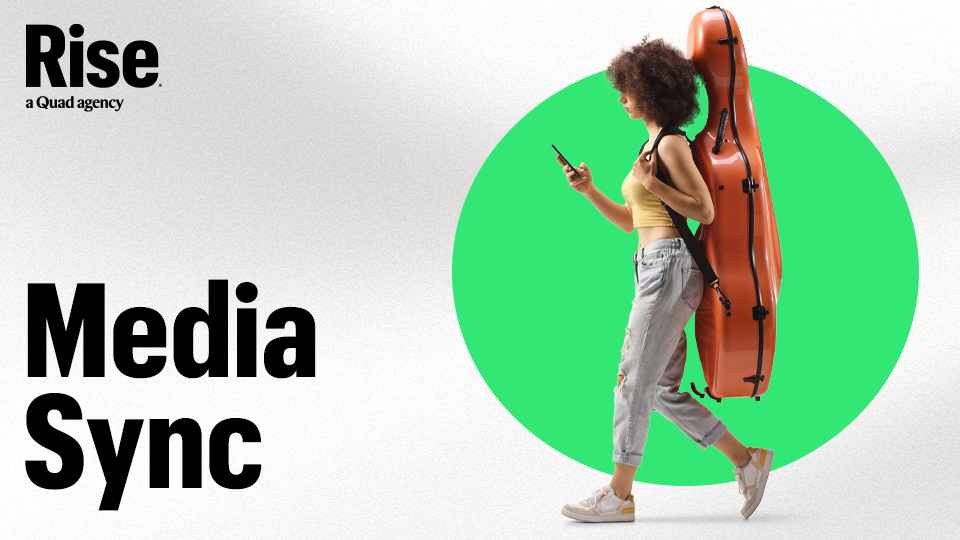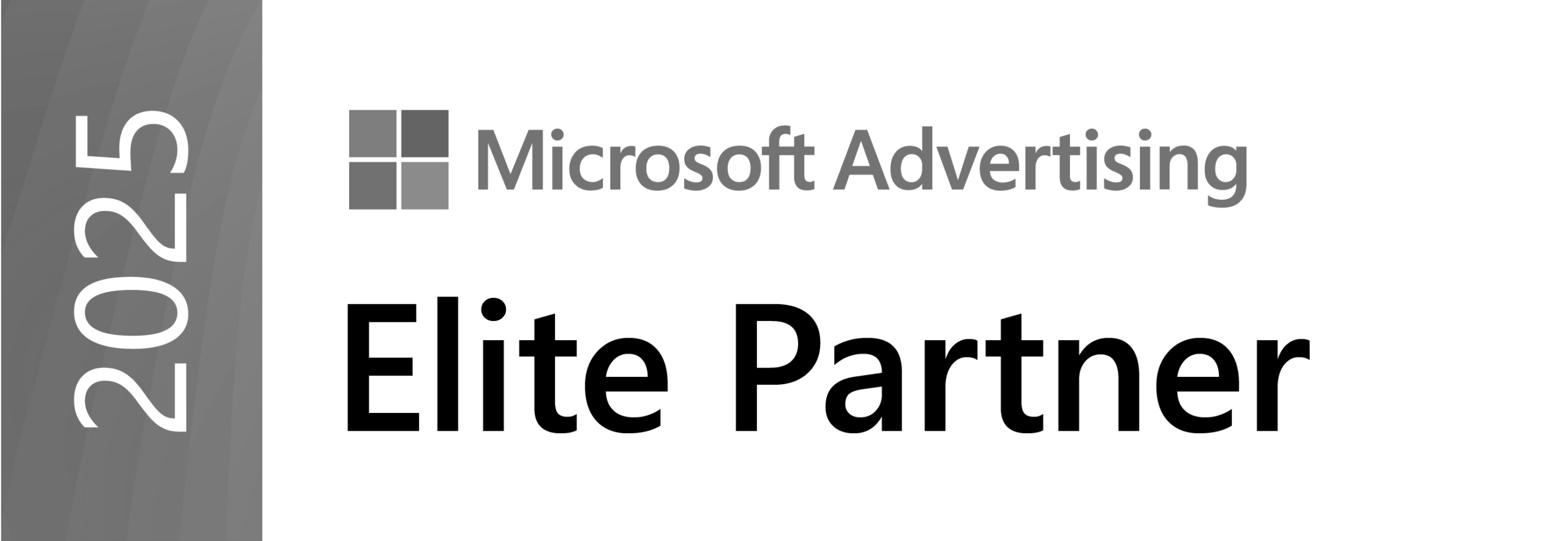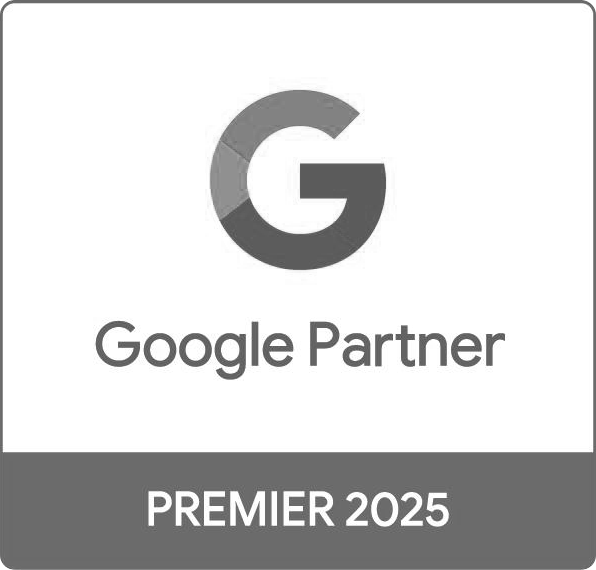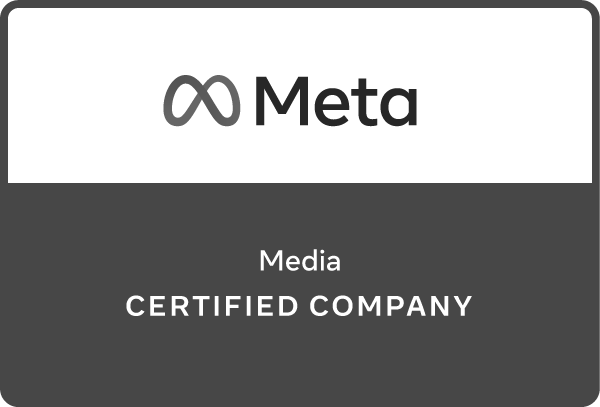
Rise Media Sync is a new column from Rise that quickly summarizes media and platform news of interest to marketers. Here are five key developments the Rise team is monitoring:
1. Instagram will let Google index public pro content unless users opt out
What’s happening: Starting July 10, Instagram will allow public content from monetized accounts to be indexed by search engines, including Google.
What we know:
- Instagram professional accounts (Business and Creator) must actively opt out if they do not want their public content — including posts, reels and videos — indexed by search engines.
- Instagram will use no-index and robots.txt protocols to limit indexing, but enforcement depends on the search engine.
- This update does not apply to personal accounts and follows similar changes introduced in August 2024.
Early indications and perspective: This change could significantly impact discoverability for creators and brands by opening Instagram content to broader visibility through search engines. Advertisers and agencies may need to re-evaluate how Instagram fits into SEO and content strategies. With Google not always honoring no-index requests, the actual visibility of indexed content could vary widely. Strategists should advise clients on whether broader exposure or tighter control best aligns with their goals.
2. YouTube is experimenting with AI to boost search and discovery
What’s happening: YouTube is testing two new AI-powered features to improve video discovery and user engagement. Both features focus on commercially relevant queries such as shopping, travel and local activities.
What we know:
- An AI-powered carousel is live for YouTube Premium users on iOS and Android through July 30 and supports English-only results.
- A conversational AI tool helps viewers ask questions and get recommendations based on the video being watched.
- YouTube is limiting these tests to gather feedback and assess impact before broader rollout.
Early indications and perspective: These tools mark a shift toward more guided, AI-enhanced content discovery on YouTube, potentially changing how users navigate video content. For marketers, the focus on high-conversion categories like shopping and travel creates an opportunity to surface relevant content more prominently. YouTube’s closed testing suggests cautious experimentation, but early success could accelerate platform-wide AI integration. Creators and brands should consider optimizing video metadata to align with these evolving discovery features.
3. IAB launches measurement framework to standardize in-game advertising
What’s happening: The Interactive Advertising Bureau (IAB) has launched a Gaming Measurement Framework to standardize how in-game advertising is measured across formats and platforms. The framework aims to help advertisers assess outcomes and optimize investment. It also addresses industry skepticism by offering consistent metrics that build trust and enable cross-campaign comparisons.
What we know:
- The new framework provides measurement standards for display, video, audio and custom gaming ad formats.
- IAB says the tool will allow advertisers to compare campaigns and better allocate budgets based on performance.
- Despite gaming’s scale, in-game ads represented only 3.7% of total U.S. digital ad spend last year.
Early indications and perspective: The gaming audience is now too large to ignore, yet many advertisers have lacked confidence in the medium due to inconsistent measurement tools. IAB’s framework addresses this; if adopted widely, it may unlock new budgets for gaming and elevate it as a standard digital channel. Advertisers should begin exploring vendor alignment and performance benchmarks using this framework to stay competitive.
4. Google expands Ad Manager with Offerwall monetization tools
What’s happening: Google has officially launched Offerwall, a new feature in Google Ad Manager that allows publishers to monetize content by letting users choose how to gain access to specific content. Google claims that publishers testing the tool reported an average 9% revenue increase, and additional features like AI-driven Optimize and third-party payment integration expand its utility.
What we know:
- Offerwall is now generally available after a beta with over 1,000 publishers.
- Users can unlock content by watching ads, completing surveys, making micropayments or signing up for a publisher’s newsletter.
- The Optimize and Custom Choice options allow personalization and AI-driven engagement timing.
Early indications and perspective: This launch signals Google’s intent to diversify publisher monetization beyond display ads by creating user-driven value exchanges. For advertisers, it opens new touchpoints for engagement within high-quality content environments. Marketers should consider the potential for survey-based targeting and rewarded ad formats to reach users in more intentional, high-attention contexts. Offerwall could also prove valuable for niche publishers aiming to balance monetization with user experience and retention.
5. Reddit launches AI tools to power community-driven advertising
What’s happening: Reddit has introduced two AI-powered tools, Insights and Conversation Summary Add-ons, designed to help brands tap into community conversations for smarter advertising. This move reflects Reddit’s push to redefine ad engagement by leveraging authentic, real-time interactions across its platform.
What we know:
- Reddit Insights provides a dashboard for real-time social listening, using AI to surface trends and track sentiment from Reddit conversations.
- Conversation Summary Add-ons surfaces positive user-generated content underneath ads, a mechanism intended to help brands build trust and boost engagement.
- Alpha testers include Publicis Groupe, Lucid Motors and Jackbox Games.
Early indications and perspective: Reddit’s AI tools signal a shift from targeting individuals to engaging communities using its incredible trove of data and billions of forum posts. For marketers, this could mean faster insights, more relatable creative and increased credibility at scale. The success of these tools will depend on thoughtful execution that respects Reddit’s nuanced subcultures while offering measurable impact.
Other media/platform news we’re watching:
If you made it this far, here’s a fun fact: The longest English word (the chemical name for the protein titin) is 189,819 letters long.








